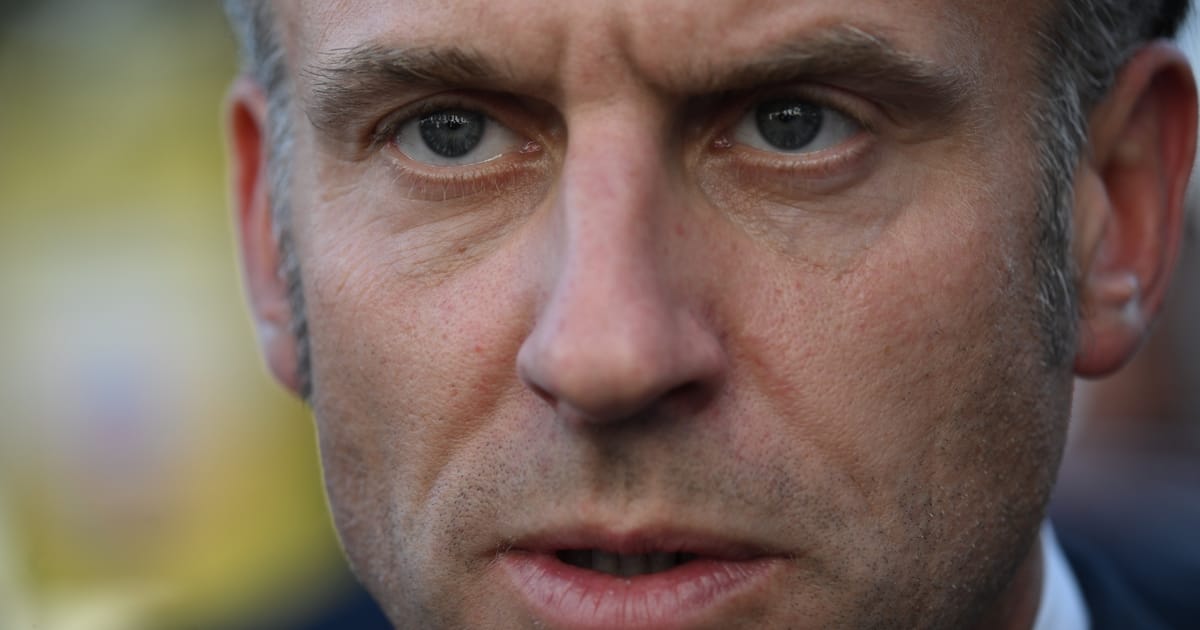

In recent international developments, a concerted effort among multiple nations to recognize the State of Palestine has taken shape, reflecting a rising tide of diplomatic initiatives aimed at fostering peace and stability in the region. This move comes amid varied reactions and ongoing negotiations that highlight the complexity and sensitivity surrounding the issue.
France has taken the lead in this push, with President Emmanuel Macron underscoring the European Union’s need for assertiveness on the global stage. During discussions with his ministers, he stressed the importance of the EU’s influence and its ability to secure beneficial trade agreements, referencing interactions with former US President Donald Trump that fell short of expectations. Macron’s emphasis on the EU’s potential role hints at broader diplomatic endeavors, including those related to Middle Eastern peace processes.
Significantly, France, together with 14 other countries, has issued a declaration known as “The New York Call.” This document articulates a shared commitment among these nations to recognize the State of Palestine. The declaration, published by French Foreign Minister Jean-Noël Barrot, suggests this could be the precursor to further recognitions by other influential countries like Canada, Australia, and New Zealand. Such a movement could mark a pivotal moment in the international community’s approach to the Israeli-Palestinian conflict, potentially rekindling hopes for a two-state solution.
In the UK, governmental actions also reflect the evolving narrative. The co-founder of Palestine Action has been granted permission to legally challenge the proscription order placed on their group under anti-terrorism laws. A high court ruling acknowledged the potential repercussions such bans could have on legitimate political discourse, highlighting the judicial system’s role in balancing national security with freedom of expression.
Across the Atlantic, dynamics are fluctuating as well. US President Donald Trump has vocalized strong support for Israel, cautioning against the UK’s potential recognition of Palestinian statehood. In recent remarks, he criticized British Prime Minister Keir Starmer’s plans, viewing them as a possible endorsement of Hamas. This viewpoint stands in contrast to previous seemingly supportive gestures during meetings in Scotland, illustrating the nuanced balancing act of international diplomacy and internal political pressures President Trump faces, particularly from his passionate base.
The international discourse is further enriched by Portuguese presidential candidate António Filipe’s remarks. Filipe argued that Portugal should have recognized Palestine long ago. He emphasized the necessity not just for symbolic gestures but for active diplomatic efforts towards achieving a ceasefire, suggesting a comprehensive approach is essential to meaningful conflict resolution.
As these diplomatic dialogues unfold, they paint a picture of a world engaging with the complex realities of peace-making. With each country’s stance and actions contributing to this mosaic, the ultimate impact on Palestinian statehood and Middle Eastern peace remains to be seen. However, the existing momentum holds the potential for shaping paths toward understanding, stability, and, perhaps, lasting peace in the region.
Source: {link}
